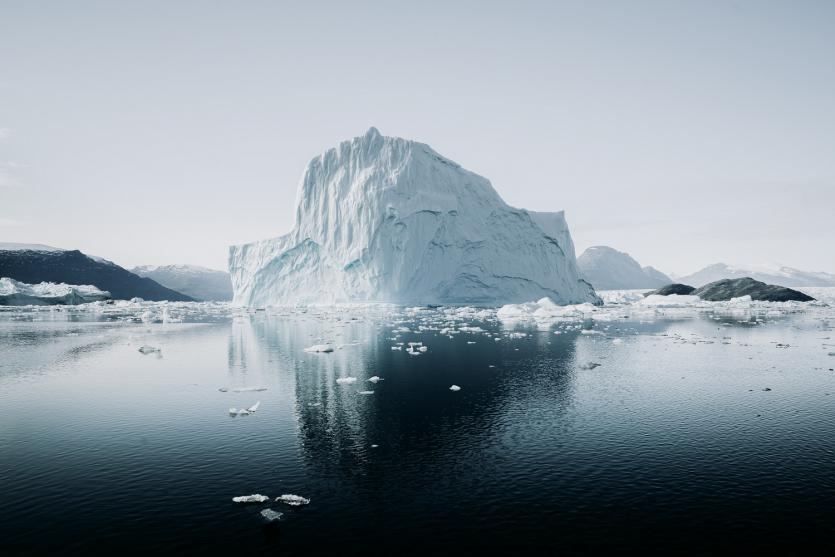Arctic Iceberg. Photo by Annie Spratt on Unsplash
By Patryk Krych | The World Daily | DECEMBER 15th 2021
In the midst of the June heatwave last year, the highest ever temperature in the Arctic had been recorded in the Siberian town of Verkhoyansk. This record had recently been confirmed by the United Nations, with others expected to follow suit.
A confirmation had also come from the World Meteorological Organisation (WMO), that the 38 degrees Celsius temperature recorded in Verkhoyansk on June 20, 2020 had been a record for the Arctic region.
“The World Meteorological Organization has this morning recognized a temperature of 38C which is a staggering 100.4F in the Russian town of Verkhoyansk,” said WMO spokesperson Clare Nullis. “It was recorded last year (on) 20 June 2020 and we have recognized it as a new Arctic record.”
This is only one among potentially hundreds of broken records in the year of 2020 that the WMO is still looking to verify – it’s perhaps the most worrying of records too, considering the town’s close proximity to the Arctic Circle, only 115 kilometers away.
“The WMO Archive of Weather and Climate Extremes has never had so many ongoing simultaneous investigations,” said Petteri Taalas, the WMO’s secretary-general.
Currently, the WMO is still looking to verify new records set in such places as Death Valley in Californaia, USA, as well as a reported record set in Sicily, Italy in Europe. Both Italy and California had also seen their fair share of forest fires in recent years.
The situation has turned more people’s attention towards the climate crisis, however, with many making the connection that the increasing rate of climate and weather disasters each year may well be attributed to our actions.






